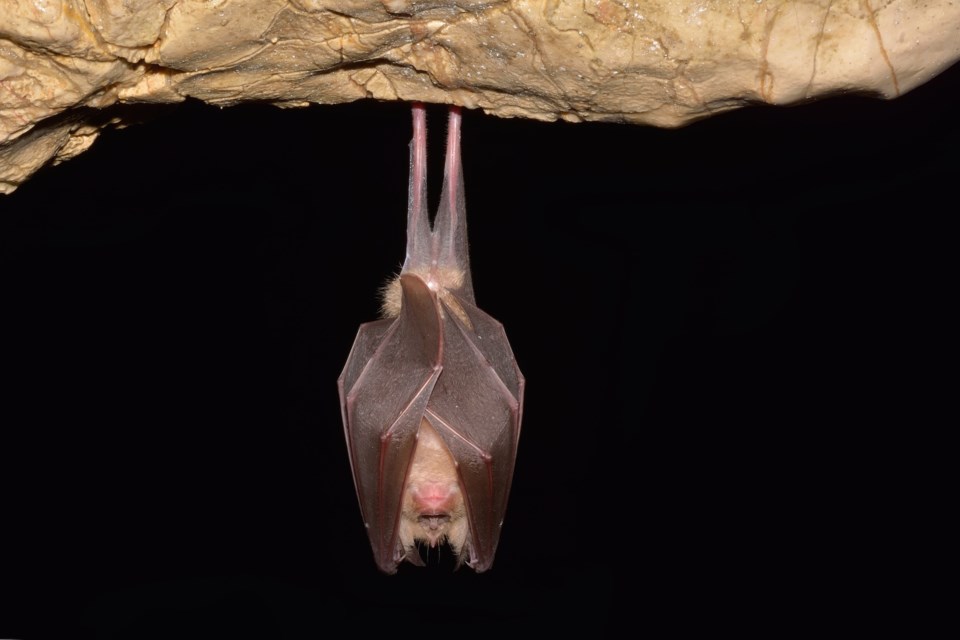NEWS RELEASE
WELLINGTON DUFFERIN GUELPH PUBLIC HEALTH
***********************************
Wellington-Dufferin-Guelph Public Health received notification of a positive rabies test in a bat on August 10, 2022. There were two human exposures to the animal. Both individuals have begun a treatment protocol.
The bat – found in the Melancthon area – is the first positive case of rabies identified in the region in 2022.
The Ministry of Natural Resources and Forestry distributes rabies vaccine baits to curb the spread of the virus in wildlife; however, there is no vaccine or bait for bats.
“While rabies is relatively rare, it can be fatal if untreated,” said Dr. Matthew Tenenbaum, Associate Medical Officer of Health for Wellington-Dufferin-Guelph Public Health. “Please don’t take a chance on a bat found in your home, yard or outdoors. Contact your local animal control agency. If anyone has direct contact with the bat, call your family doctor, or visit your local hospital immediately.”
Rabies is a fatal virus that affects mammals, including humans, and is most commonly spread by wild animals like raccoons, skunks, foxes and bats. Rabies is transmitted through the saliva of an infected animal, usually through a bite. However, saliva can also enter the body through scratches, open wounds or mucous membranes of the mouth, nose and eyes.
Members of the public should avoid wildlife, including bats, raccoons, foxes and stray cats and dogs and contact local animal control service or the police if they suspect an animal has rabies. Ensure pets are vaccinated against rabies and are supervised when outdoors.
For more information about rabies, visit wdgpublichealth.ca/rabies.
**********************************
